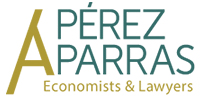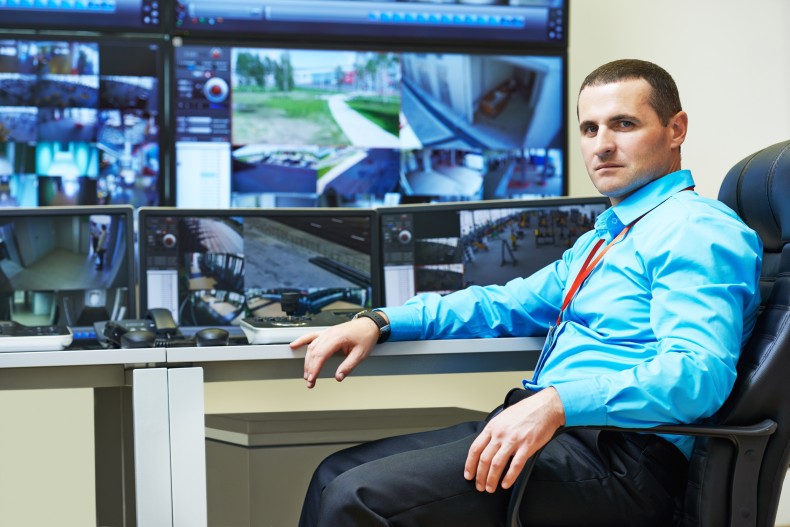Video Surveillance
Can I supervise my workers with cameras?
The Pérez Parras Economists & Lawyers Firm in Málaga and Nerja specialises, among other areas, in the legal aspects of the use of technology, which currently impacts so much our daily lives.
Today we are going to talk about an issue that generates a lot of controversy:
1.The video surveillance of workers in the workplace
2. The type of video surveillance that caused many business clients of our office, both in Malaga and Nerja, to consult us.
Different aspects must be taken into account around this topic:
- To respect the fundamental rights of workers who are under video surveillance
- and to comply with data protection legislation.
Video surveillance cameras not only provide security, but also allow management to “control” workers.
But, recording images with camcorders collects personal data:
- of workers and other people,
- of clients who access the workplace, being identified, or being identifiable,
- all of which is regulated and protected by the Spanish Organic Law of Data Protection (LOPD).
In addition, as of May 2018, the new European Data Protection Regulation will require obligations in this regard. Therefore, companies that already carry out video surveillance will have to be updated. And those who now wish to incorporate these systems into their businesses, must take these obligations into account.
Protocol for workers and companies:
There is a regulation in force regarding video surveillance in the work environment. The protocol has to comply with the rules. Otherwise, failing to do so may result in significant penalties from the Data Protection Agency:
- to compensate any person who suffers damage or injury to their property or rights.
- In addition, if the employer violates fundamental rights of workers (essentially their privacy and their own image), he may have to pay them huge indemnities.
It’s important to consider the following:
- When considering video surveillance as a company system to control workers, our Courts weigh out if there is another way less intrusive than image recording.
- Therefore, the employer must be well advised before putting up a surveillance system like the one we are analysing in this article.
Basically, you should only use a video surveillance system when there is no other means of supervision, less aggressive to the right of privacy, to verify the reasonable suspicions you may have regarding your workers.
Use of video recordings:
In addition, in the work environment, you must specify the use that will be given to video recordings. The employer must indicate if the objective is that of security, or to control workers.
Video Recordings for security purposes should not be used as evidence in trials for irregularities committed by employees.
With the video recordings, we are obtaining personal data of workers who, at the outset, are recognisable in these images. Then, someone in the company must be held responsible for such recorded information, as well as its treatment.
If, in addition, the video surveillance system is not realised in compliance with all current regulations, when wanting to provide images as evidence of a breach of employment, these will not be admissible in court.
It is therefore essential to implement a video surveillance system in the work environment through a detailed protocol. It has to comply with all the aspects and precautions mentioned. We will analyse this protocol in detail in another post.
Therefore, if you find yourself in this situation and you want us to help you, or it is simply a subject that you have been considering and you want to understand in more detail, do not hesitate to consult our office of Economists & Lawyers in Malaga and Nerja and we will assist you without delay.


LEAVE A REPLY